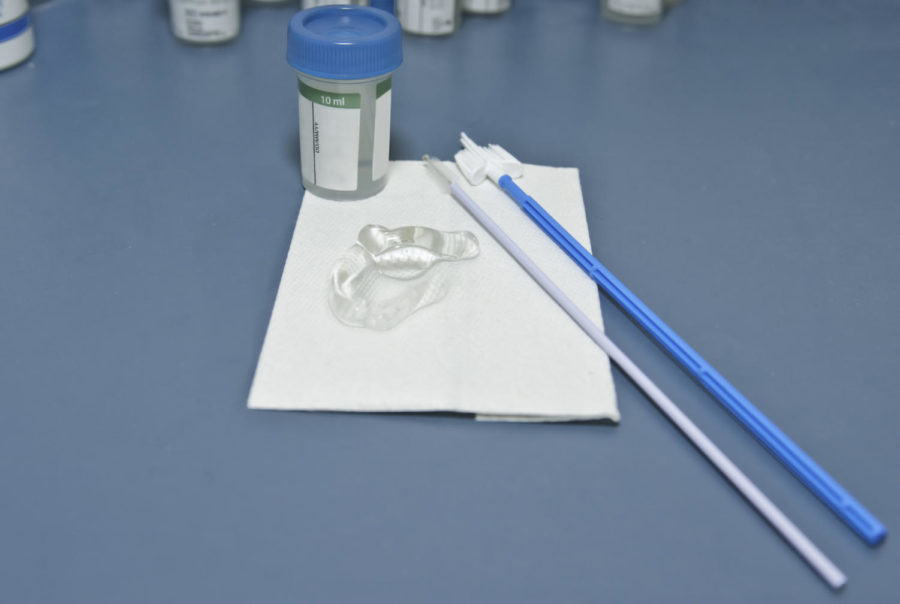Health providers encourage college women to get pap smears
The Thielen Student Health Center’s providers are encouraging women, 21 years-old or older to get pap smears.
February 16, 2017
At 21 years-old, women are encouraged to start getting pap smears, but there are many other tests that the Thielen Student Health Center offers and encourages women to explore.
“It’s very important to promote your health throughout your life,” said Rita Stumpf, diagnostics services manager at Student Health Center. “The sooner you know your status, the sooner you can be treated.”
According to the Center of Disease Control (CDC), a pap smear is a test that “looks for precancers, cell changes on the cervix (or the passage at the end of a uterus) that might become cervical cancer if they are not treated appropriately.”
Pap smears are recommended for women ages 21 to 65 years-old. Various medical locations can perform the exam, including Student Health at Iowa State.
“I do think we are reaching quite a few women, but not everyone is aware [of what’s available] at this point,” said Mary Raman, nurse practitioner and women’s health expert at Student Health Center.
While Student Health Center offers a variety of women’s health services including birth control options and care for menstrual issues, Raman believes that female students should take advantage of the testing options available.
In order to receive a pap smear, a patient must receive a pelvic exam — a broad assessment of the female pelvic area.
The provider will insert a speculum in order to open the vagina and allow access to the cervix. To get the surface cells for the pap smear, the provider will swab the walls of the cervix. The sample will be taken to a lab for screening.
Raman said that the entire exam takes less than five minutes to complete. The sample gets sent to a reference lab, which can depend on the type of insurance the patient has. The results from the lab will take approximately seven days.
“[A pap smear is] very simple and easy,” Stumpf said. “[Our providers] are very well informed and keep up with the latest guidelines of testing.”
Raman explains that the national average is to receive a pap smear every three years if the screenings come back normal under the age of 30. If the pap smear is abnormal, Student Health Center has the capability to help patients take the next steps in screening.
Human papillomavirus, or HPV, is a sexually transmitted infection that can become cancerous according to the CDC. They state that HPV “is passed from one person to another through direct skin-to-skin contact during sexual activity.”
HPV can cause cervical, vaginal and vulvar HPV cancers in women. However, Student Health Center offers an HPV vaccination to help protect women.
“I can’t explain the importance of getting the HPV vaccine,” Raman said. “I would say a large number of our college aged women are not vaccinated.”
She hopes that women receive the vaccination while they are still in high school, but Raman encourages women in college to seek it out if they are not yet vaccinated.
“People do need to check with their insurance about vaccine coverage, but I would recommend the HPV vaccine,” Raman said.
While students currently pay $108 for a student health fee, the cost of a pap smear or an HPV vaccination is not included in this fee. However, Student Health Center works with many insurance providers to make sure that students can still receive the test.
“The lab test is not covered [by the student health fee], because that is an outside charge,” Raman said. “The lab test might be billed to your insurance, but the cost to see me or one of the other providers is covered by the health fee. The preventative visits like the pap smear are billed to insurance.”
Depending on the insurance, a patient’s sample for testing can be sent to a specific lab due to the insurance company having a contract with that laboratory.
“We have it set up in our laboratory information system to automatically select the lab that’s best for your insurance coverage,” Stumpf said.
For questions about a patient’s insurance working through Student Health Center, contact their office at 515-294-7523.







